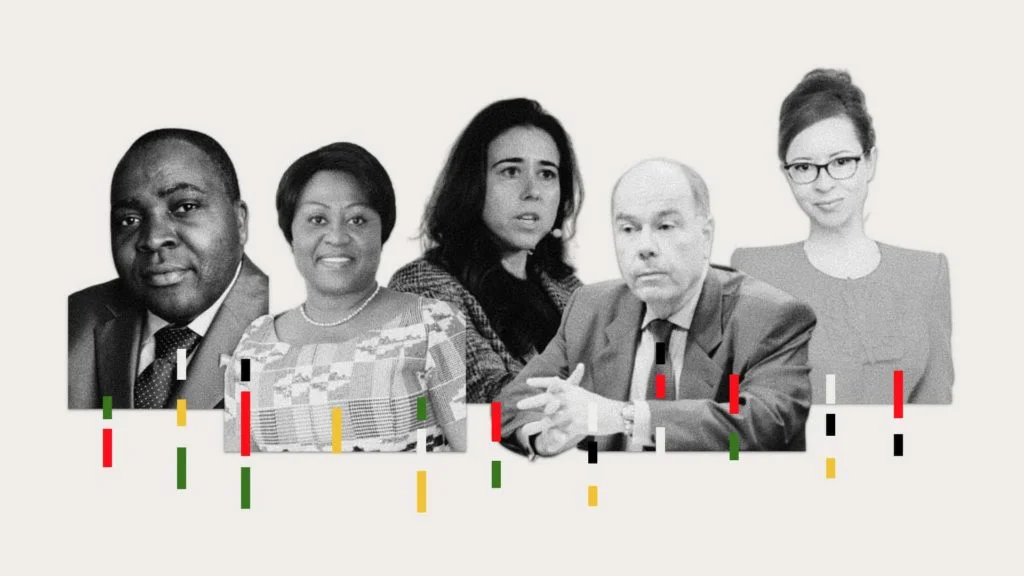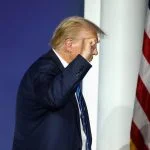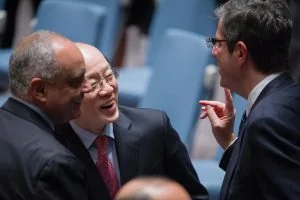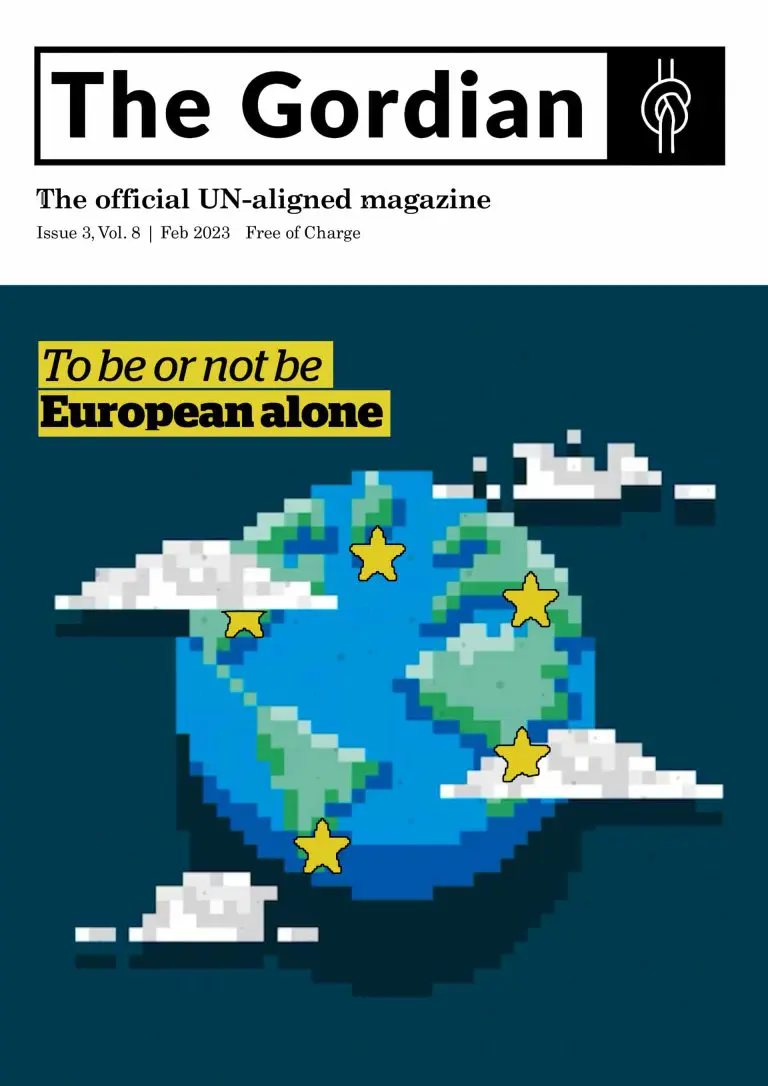Final tallies earlier this month showed that Albania, Brazil, Gabon, Ghana and the United Arab Emirates (UAE) were elected as the five new non-permanent members of the United Nations Security Council.
The new members elected this year will be taking up their seats on 01.01.2022 and will serve for 1 year, until 31.12.2023. Four out of the Five new members have served on the council before: Brazil 10 times; Gabon and Ghana 2 times, while Albania has never served as a member.
How are the 10 non-permanent members of the Security Council elected?
The Security Council consists of 15 members, five permanent and 10 non-permanent members. Every year, the UN General Assembly elects five new members for the council, each serving a two-year term. Every member must obtain the votes of two-thirds of the member states at the General Assembly session to secure a seat on the Council.
While the five permanent seats of the council are reserved for, China, Russia, the US, the UK and France, the rest of the seats are distributed amongst other regions around the world:
- 3 seats for Africa;
- 2 seats for the Asian Pacific countries;
- 1 seat for the Eastern European region;
- 2 seats for the Latin American and Caribbean countries and;
- 2 seats for the Western European and Other Countries (WEOG).
“Other countries” here refers to Oceania, North America and Western Asia. This is a rather messy selection, but please note that the Group is a non-binding dialogue group.
How can these new members affect the balance of the council?
It is unlikely that these five countries will be able to make a dramatic change of balance in the Council’s judgment, may that be relating to Myanmar, Israel or Syria, amongst other topics. It is however expected that Gabon and Ghana may take interest in the Council’s ongoing role of overseeing peacekeeping mandates. Other topics that may interest the two countries are violence and terrorism in the Sahel and wider region.
As always, women’s rights, the maintenance of peace and security — and this year — finding possible ways to emerge from the pandemic are going to be at the front of the agenda. For a more detailed analytical view of the potential Council dynamics shifts in 2022-2023, we recommend you to visit The Security Council’s Report on this topic.
- The UN in Focus series holds the United Nations accountable to UN-aligned’s standards.




















